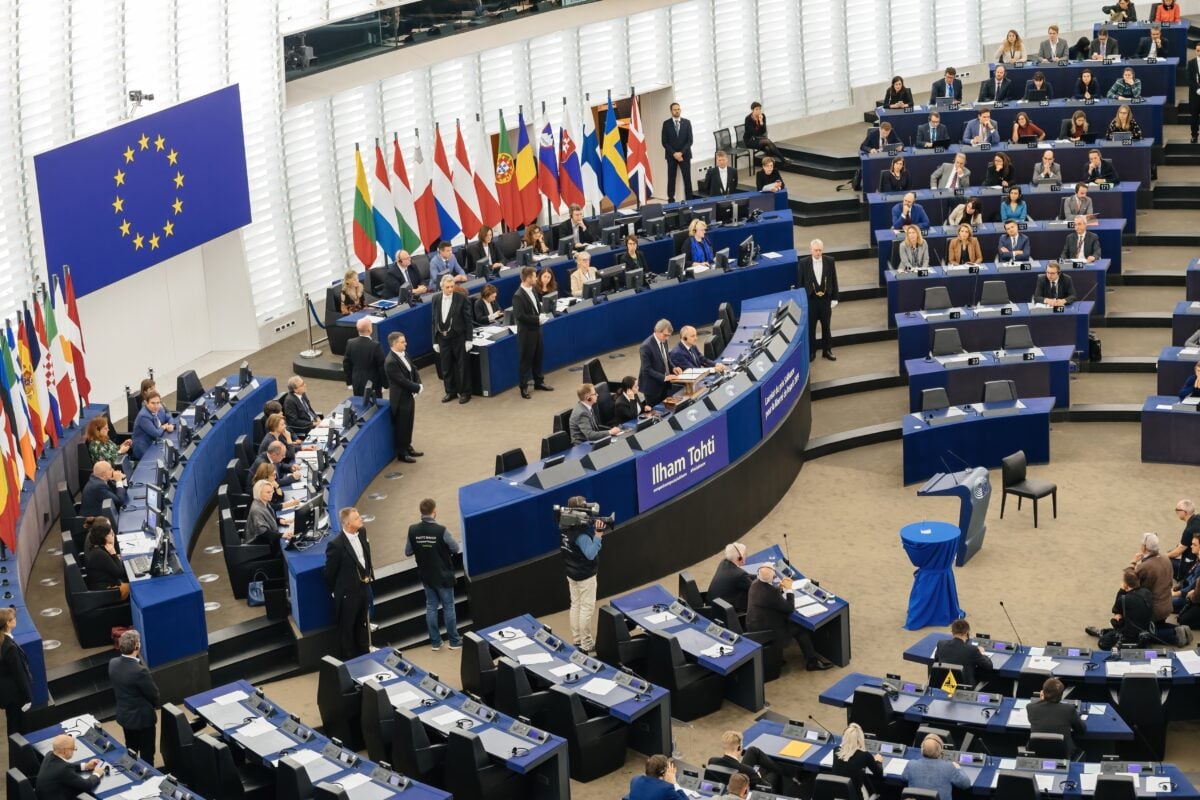TLDRs;
Contents
- EU fined Google $3.5B for favoring its own adtech services, ruling the company harmed competition and publishers.
- Google has 60 days to respond and plans to appeal, warning changes could disrupt European businesses.
- The ruling follows a separate €325M fine in France for cookie violations, alongside Shein’s €150M penalty.
- Regulators are escalating enforcement, signaling tougher oversight of both tech giants and retail platforms in digital advertising.
The European Commission has hit Google with a record €2.95 billion (US$3.5 billion) fine, ruling that the company engaged in anti-competitive behavior in its advertising technology business.
Regulators said Google systematically favored its own display ad services, harming rival providers, advertisers, and publishers across the European market.
Beyond the financial penalty, Google was ordered to end practices that regulators say distort competition. Specifically, the EU demanded Google address conflicts of interest in its adtech supply chain, where it operates both as a platform for buyers and sellers and as a marketplace operator. The ruling requires Google to make structural changes, ensuring that competitors can operate on fair terms.
Google vows to appeal ruling
Google has 60 days to respond to the EU’s order and has already announced plans to appeal.
In a statement, the company described the decision as “wrong” and warned that the required changes could negatively impact European businesses that rely on its advertising services.
The fine will be recorded in Alphabet’s third-quarter financial results, according to company disclosures.
Broader regulatory scrutiny continues
The penalty in Brussels comes on the heels of another major setback for Google in France earlier this week. The French data protection authority CNIL fined Google €325 million (US$380 million) for cookie consent violations, alongside a €150 million (US$175 million) fine for fast-fashion giant Shein.
Regulators in France accused Google of forcing users to accept tracking software when setting up accounts and inserting ads into Gmail without proper consent.
Shein was cited for placing cookies on 12 million French users’ devices each month without providing clear information or withdrawal options. Both companies have indicated plans to appeal, although Shein has already updated its systems to meet compliance requirements.
A pattern of escalating fines
Analysts note that the EU and national regulators are steadily ramping up enforcement against Google and other repeat offenders. Google’s French fine marks its third cookie-related penalty from CNIL since 2019, following earlier sanctions of €50 million, €100 million, and €150 million.
Combined with the EU’s latest €2.95 billion adtech penalty, Google faces mounting legal and financial risks as regulators across jurisdictions pursue more aggressive action.
The French regulator even considered a steeper penalty of €520 million, signaling authorities’ willingness to escalate sanctions for ongoing violations. Experts suggest the latest EU fine reflects a broader shift toward holding large platforms accountable for systemic practices, not just isolated infractions.
Wider industry impact expected
The inclusion of Shein in France’s enforcement action signals that regulators are broadening their scope beyond Silicon Valley tech companies. With around 75% of marketers still relying on third-party cookies for targeted advertising, regulators are warning that retailers and digital platforms alike must respect user consent requirements.
For Google, the EU ruling represents a major turning point. If the company fails to comply with the mandated structural changes, it risks additional penalties and stricter oversight.
Meanwhile, advertisers and publishers across Europe are watching closely to see whether the ruling opens new competitive opportunities in the digital advertising market long dominated by Google.


